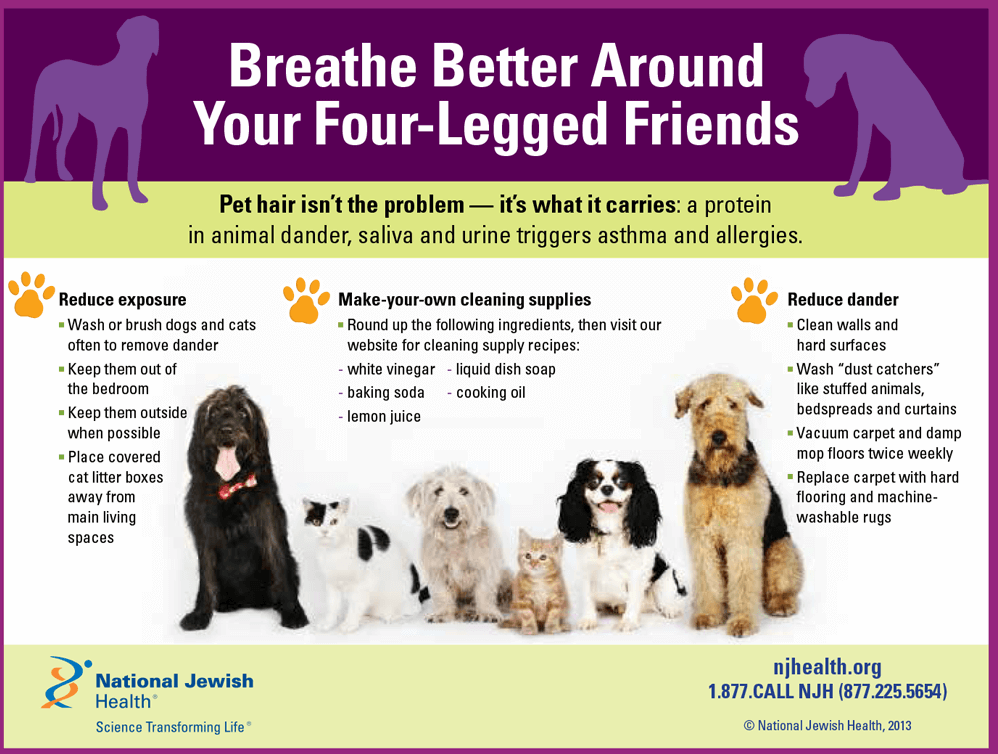What Vaccinations Are Needed For Dog Daycare
What Vaccinations Are Needed For Dog Daycare
Blog Article
What Vaccinations Are Needed For Pet Daycare?
Whether your dogs spend time at daycare or boarding facilities, they need to be up-to-date on all of their required vaccinations. Core vaccines include Bordetella, rabies and DA2PP, which guard against usual illness that canines are exposed to when in close contact with others.
Non-core injections consist of canine flu and leptospirosis shots. These are recommended for dogs that join other dogs regularly.
Core Injections
As a vital part of precautionary treatment, pet dog injections help keep pet dogs risk-free from infectious illness transmitted through direct call or polluted surfaces. Injections stimulate the body immune system to produce antibodies that fight condition, and many veterinarians think about core dog vaccinations to be vital for all pets.
Rabies
A lot of credible canine childcare facilities call for that your animal depend on date on their rabies inoculation. Vaccinations are carried out to young puppies as very early as 12-16 weeks old, and boosters are needed every 3 years approximately until the adult years. Rabies is a fatal viral condition that spreads with saliva, usually from bites. The majority of states need rabies inoculations for all pets and felines, and some also mandate rabies boosters for family pet owners.
Distemper/Parvovirus/Adenovirus (DHPP).
This combination injection covers canine distemper, parvovirus, hepatitis, and adenovirus, every one of which are highly transmittable. Many veterinary offices offer DHPP vaccinations as one shot or in a series of 2 to four shots, offered 2-4 weeks apart, complied with by a yearly booster. This injection is a requirement for a lot of boarding and doggy day care centers, as well as numerous groomers.
Bordetella/Canine Parainfluenza Vaccination.
Bordetella bronchiseptica, commonly referred to as kennel coughing, is a very infectious respiratory system infection caused by the germs that creates the condition. Symptoms consist of relentless coughing, sneezing, nasal discharge, and fever. Many kennel cough episodes take place in jampacked environments, such as childcare or boarding facilities, and are specifically common in warmer weather condition. This vaccine is a requirement for most childcare and boarding facilities, and is commonly supplied in a mix with the DHPP injection.
Leptospirosis Injection.
This is a bacterial illness that spreads out through polluted water, soil, and pee. Infection can trigger kidney and liver damages, as well as fatality, and is transmissible to humans. Many veterinarians will certainly suggest this vaccination, based on geographical place and lifestyle of the pet, for dogs that spend time outdoors or at boarding centers, as well as some groomers. This vaccine is typically provided as a series of two to four shots, spaced 2-4 weeks apart, with an annual booster needed for most pets.
Lyme Disease Injection.
The most common board and train dog training tick-borne disease in the USA, Lyme illness is transferred by the deer tick and can cause high temperature, joint discomfort, muscle mass soreness, and anorexia nervosa. The Lyme disease injection shields versus the most widespread strains of the virus, including the H3N8 and H3N2 pressures. Most veterinary facilities recommend this vaccination, especially in risky areas, such as the Northeast, top Midwest, Mid-Atlantic, and along the Pacific shore.
Noncore Vaccines.
Other pet dog vaccines, while not needed for all pets, are advised based on the pet dog's lifestyle and geographical area. These consist of the following:.